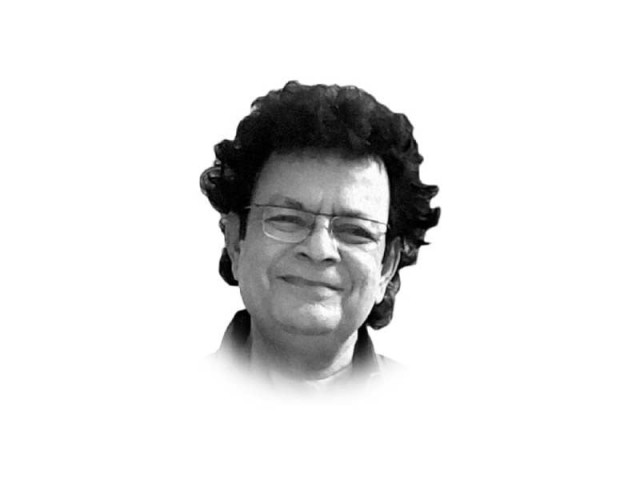The story of oppression keeps reverberating
American poet Maya Angelou says: “There is no greater agony than bearing an untold story inside you”

In 1975, when asked how he would like to be remembered, Sartre replied: “I would like people to remember Nausea, my plays No Exit and The Devil and the Good Lord and then my two philosophical works, more particularly the second one, Critique of Dialectical Reason. Then my essay on Genet, Saint Genet… If these are remembered, that would be quite an achievement, and I don’t ask for more. As a man, if a certain Jean-Paul Sartre is remembered, I would like people to remember the milieu or historical situation in which I lived… how I lived in it, in terms of all the aspirations which I tried to gather up within myself.”
American poet Maya Angelou says: “There is no greater agony than bearing an untold story inside you.” In the cobbled streets of Paris, where poverty casts long shadows and hope flickers like a candle in the wind, Victor Hugo’s Les Misérables unfolds a sweeping epic of human resilience. It’s a story woven from the threads of injustice, redemption and the relentless pursuit of a better tomorrow.
Jean Valjean, an ex-convict marked by the prison walls, battles the demons of his past and the shackles of societal scorn. He yearns for redemption, to escape the label of “criminal” etched into his very being. Through acts of extraordinary kindness and self-sacrifice, he slowly carves a path towards a new life, but the shadow of Inspector Javert, a relentless embodiment of the law, keeps him chained to his past.
Les Misérables is not just a personal tale, it’s a sprawling tapestry of humanity, filled with a kaleidoscope of characters fighting their own battles: Fantine, a single mother driven to desperation; Eponine, a gamin haunted by unrequited love; Marius, a young student caught in the maelstrom of revolution; and the Thénardiers, a family of opportunists clinging to the fringes of society. The story crescendos against the backdrop of the June Rebellion, a tumultuous clash between the ideals of liberty and the grip of oppression. It’s a battle fought on the barricades of hope and despair, where love mingles with bloodshed, and dreams collide with brutal reality. Les Misérables is more than just a historical novel; it’s a timeless cry for justice, a poignant reflection on the human capacity for both cruelty and compassion. It challenges us to confront the realities of inequality, prejudice and the struggle for a brighter future.
In Prague, there’s the ghastly memorial to the victims of communism, located at the foot of Petrin Hill. Sculptures of disfigured, tattered remnants of man come down the steps like Zombies in an evocative memorial remembering those affected by communism. It is a reminder of what people endured during communist reign-arrests, imprisonment, torture, displacement, execution.
Oppression is a small word, but it has thousands of forms. The story of oppression is neither dumb nor lame. It not only continues to speak, but also moves through time. It is not enough for a human being to stop it, because the characters of the oppression story never die. They keep telling their story. They keep crying, shouting and the screaming, because of their pain and agony. The journey of oppression will continue, until time dies. And when time dies, those characters will tell their story before God for His judgment.
Now let’s see the story of oppression done to in our society. Here the number of people who died of oppression is not in thousands, but millions. Some of them died at the hands of unemployment and inflation; some were consumed by hunger and poverty; some fell to religious extremism; and some due to inequality and injustice. They story of death continues to be repeated in our towns and cities. Death is roaming in the streets naked. When human beings try to become God on earth then the earth starts to shiver, and terror descends upon the earth. In fact, God takes away the ability of such people to think and understand and makes them suffer. There are the thousands of such people in our society, all of whom have become merchants of death. Everyone knows their fate, but they don’t.
Published in The Express Tribune, January 24th, 2024.
Like Opinion & Editorial on Facebook, follow @ETOpEd on Twitter to receive all updates on all our daily pieces.













COMMENTS
Comments are moderated and generally will be posted if they are on-topic and not abusive.
For more information, please see our Comments FAQ